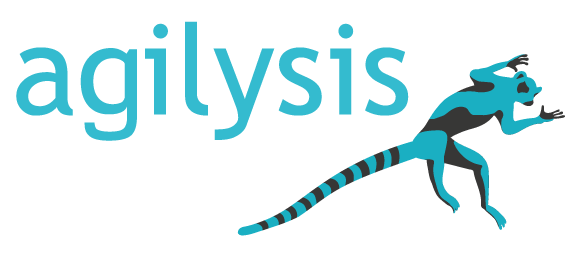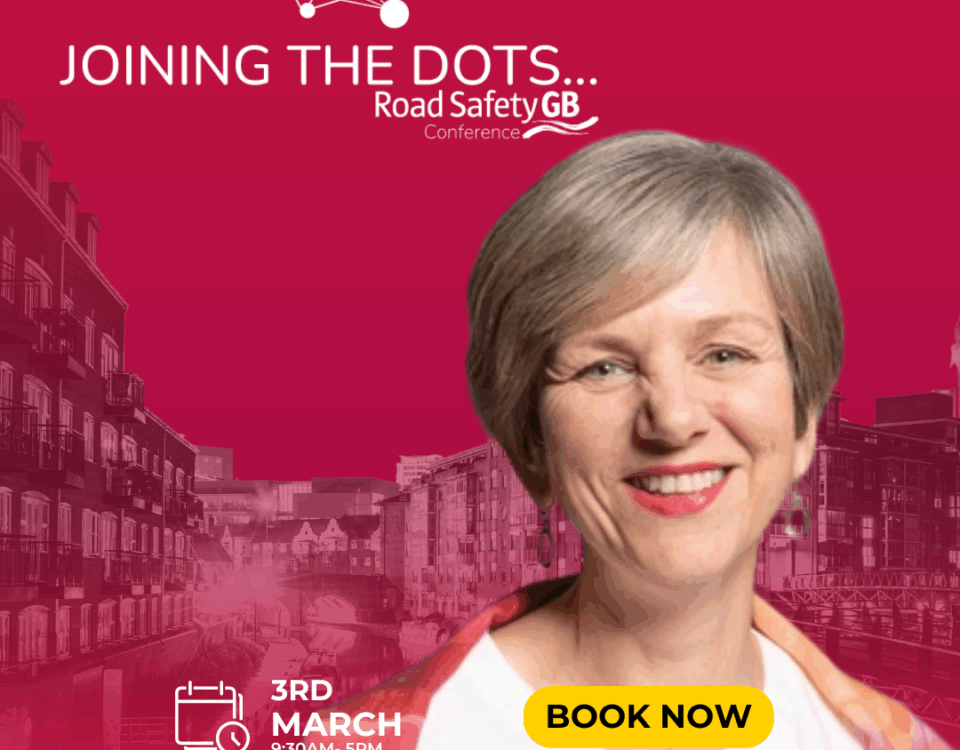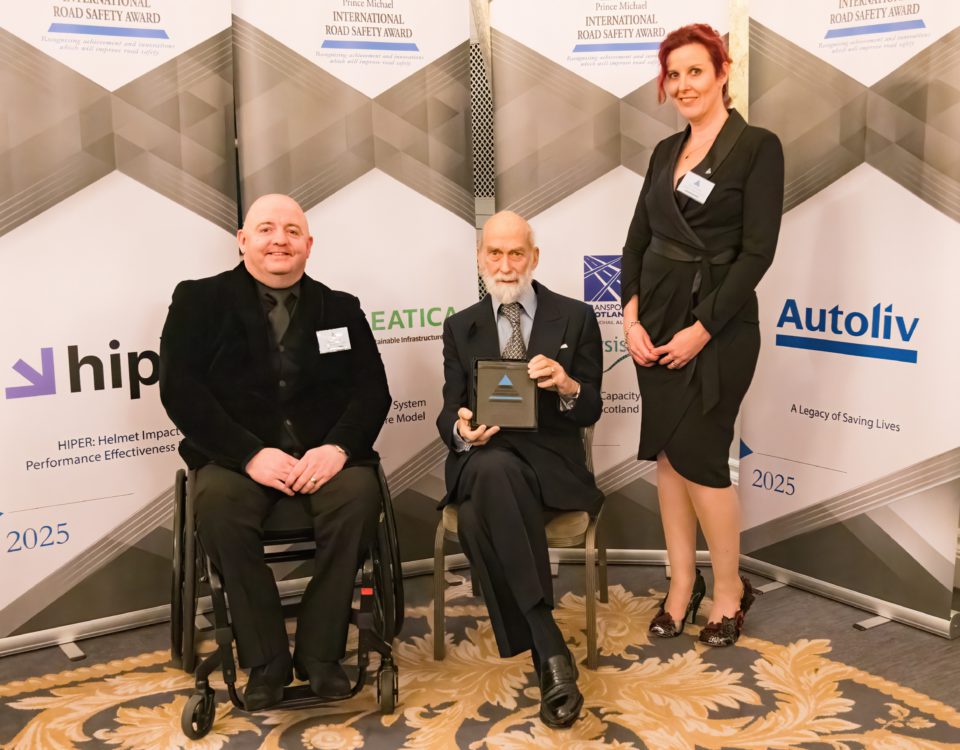The 6th IRTAD Conference, 10-12 October 2017, Marrakech, Morocco
You may not be aware that at this moment there is an annual conference for road safety data professionals and this year the RSA / Agilysis team are attending, along with others from the UK.
ITF (The International Transport Forum) organises its 6th IRTAD Conference (International Traffic Safety Data and Analysis Group) on 10-12 October 2017, in Marrakech, Morocco. Through IRTAD, ITF aims to advance international knowledge about road safety and contribute to reduce the number of traffic casualties. With around 70 members and observers from 40 countries, IRTAD has become a central force in the promotion of international co-operation on road crash data and its analysis. It has been hailed as “model of a multi-country effort” and its crash data described as “simply the best in the world”.
With an exciting agenda (at least for us), including academics, analysts, experts and professionals from all around the word, and sessions and workshops as:
Road safety data collection, crash data systems
Crash factor analysis
Risk factor analysis
Serious injury data
Measuring road user behaviours
Tools for crash data analysis
Using road safety data for evaluation
The Road Safety Analysis/ Agilysis team is happy to have three members on the conference’s agenda:
Richard Owen is going to be speaking about ‘The effectiveness of Average Speed Cameras. A GLM approach’ in Session 7 – Using road safety data for evaluation. The presentation is based on a report where we used a GLM to estimate the effect of the installation of ASC on the number of collisions. The model has the advantage of allowing for trend, site selection period, and regression to the mean effects; the remaining effect representing the effect of ASC installation. Overall, a 36.4% (25%-46%) highly significant reduction in the mean rate of fatal and serious collisions was estimated in the post-installation period. For personal injury collisions, the observed reduction was 16% (9%-22%), but still highly significant.
Bruce Walton will present a poster about ‘National web-based tool for monitoring crash data. Eight years of MAST’. The poster underlines some of the innovations within MAST as access to national data through cloud based applications and a sophisticated data warehouse, blending road casualty data with third-party socio-demographic insight data, residency based analyses to support cross border collaboration and advanced understanding of risk to communities, or dashboarding technology to engage politicians and civil society.
George Ursachi will be present in the Workshop - Tools for crash data analysis, speaking about ‘Integrating predictive analysis tools in target setting and monitoring’. The presentation will focus on evolution and comparison between largely utilised casualty analysis based hotspot identification methodologies and more complex, advanced approaches that involve preparing a more comprehensive dataset and running the data through a road safety hotspot predictive tool. The later approach results in a better representation of the context, accounting for trends, influencing variables and co-variables. The software also provides predictions for the future evolution of each site, which is essential for planners.
Therefore, we’re looking forward to attend and network with this great collection of road safety people from around the word. I will come back with a follow up post to let you know about my impressions, but for more info you can bookmark the link
RSS 2017 - Road Safety & Simulation International Conference
George, Tanya and Adrian will be presenting in the Hague at RSS 2017
The presentation is on Speed Choice Behaviour on Wed 18 Oct and written by Adrian V. Horodnic, George M. Ursachi and Tanya Fosdick. Profiling drivers with speed-related contributory factors assigned in collisions. Lessons from UK (paper no. 49)
Please visit the conference microsite



